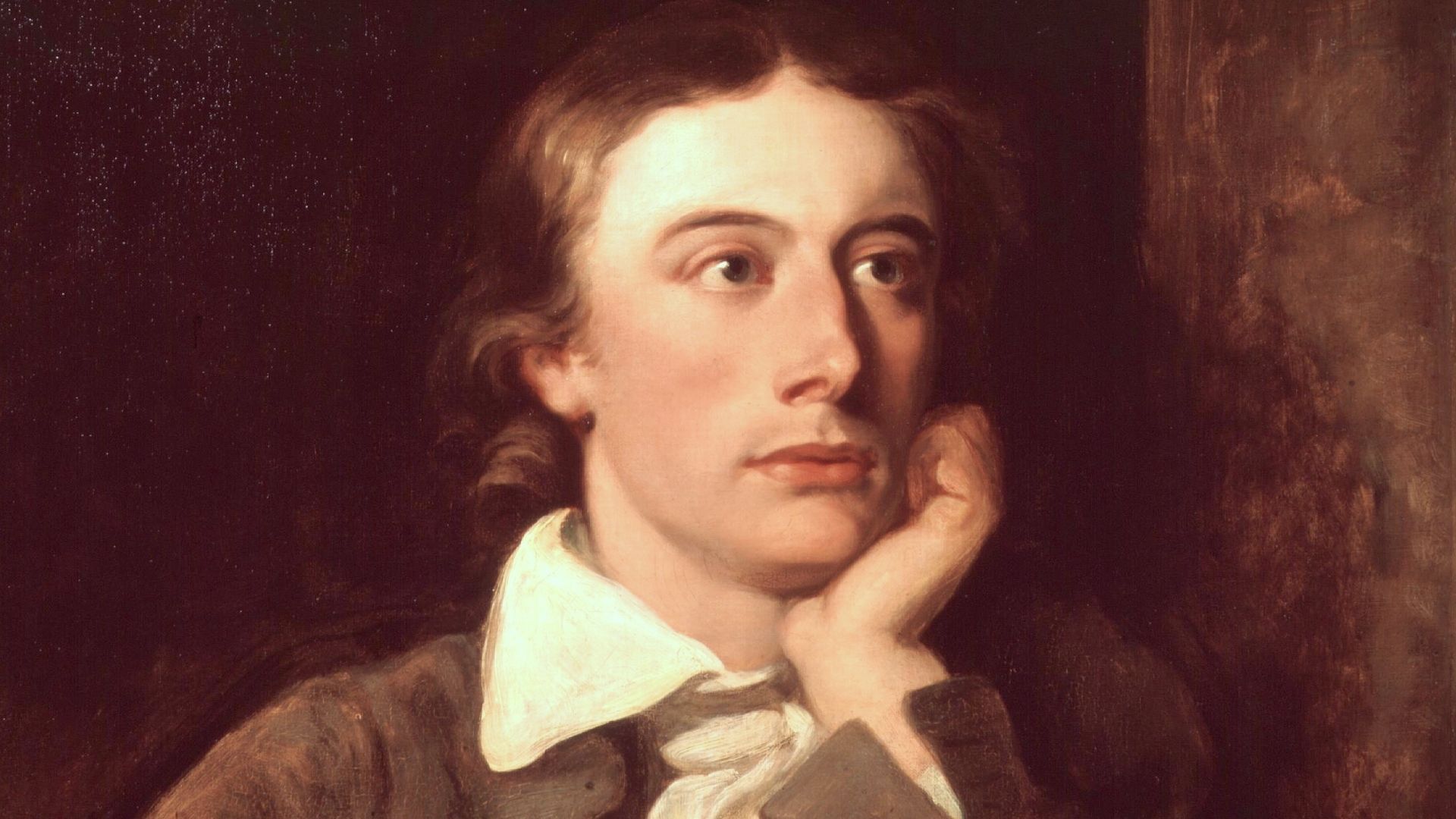Fancy Comments
Ever let the Fancy roam,
Pleasure never is at home:
At a touch sweet Pleasure melteth,
...
Read full text
It seems Keats was lost in the reality so escaped to nature for frivolous hope.
At the risk of sounding like a philistine I have to say that this is not one of Keat's finest. It lacks assonance and the rhyme is extremely forced. He might have scribbled this on the back of a Greek Urn while he was waiting for Autumn. Sorry.
The poem is brilliant and the rhyme as well! ! I salute you for your perfect poems....
I love Your poems... Keat, but I analyze your poem in 'mine' way, Can you analyze this sentence in your way, please? ' Pleasure never is at Home'
The fanciful roaming indeed gives joy of freedom as detailed by Keats! This reminds me of John Milton's L 'Allegro and Il Pensareso making survey of the world in Nature and human life fancifully and philosophically in wonderful immortal poems of all times!
What more could someone say about pleasure? Fancy that - an explanation of a way of life Keats has thrown out in favor of freedom. Stunning descriptions!
A beautiful poem by Keats, obviously inspired by Milton's poem duo L'Allegro and Il Penseroso. i; m much more inspired by the first stanza than the second, but just like in Milton's duo of poems, this seems to be portraying two different types of fancy for two different types of people. 'These delights if thou canst give, Mirth, with thee I mean to live.' Milton, L'Allegro

Extremely romantic poem with extraordinary skill and rhythm... Beautifully executed.. Awesome diction.